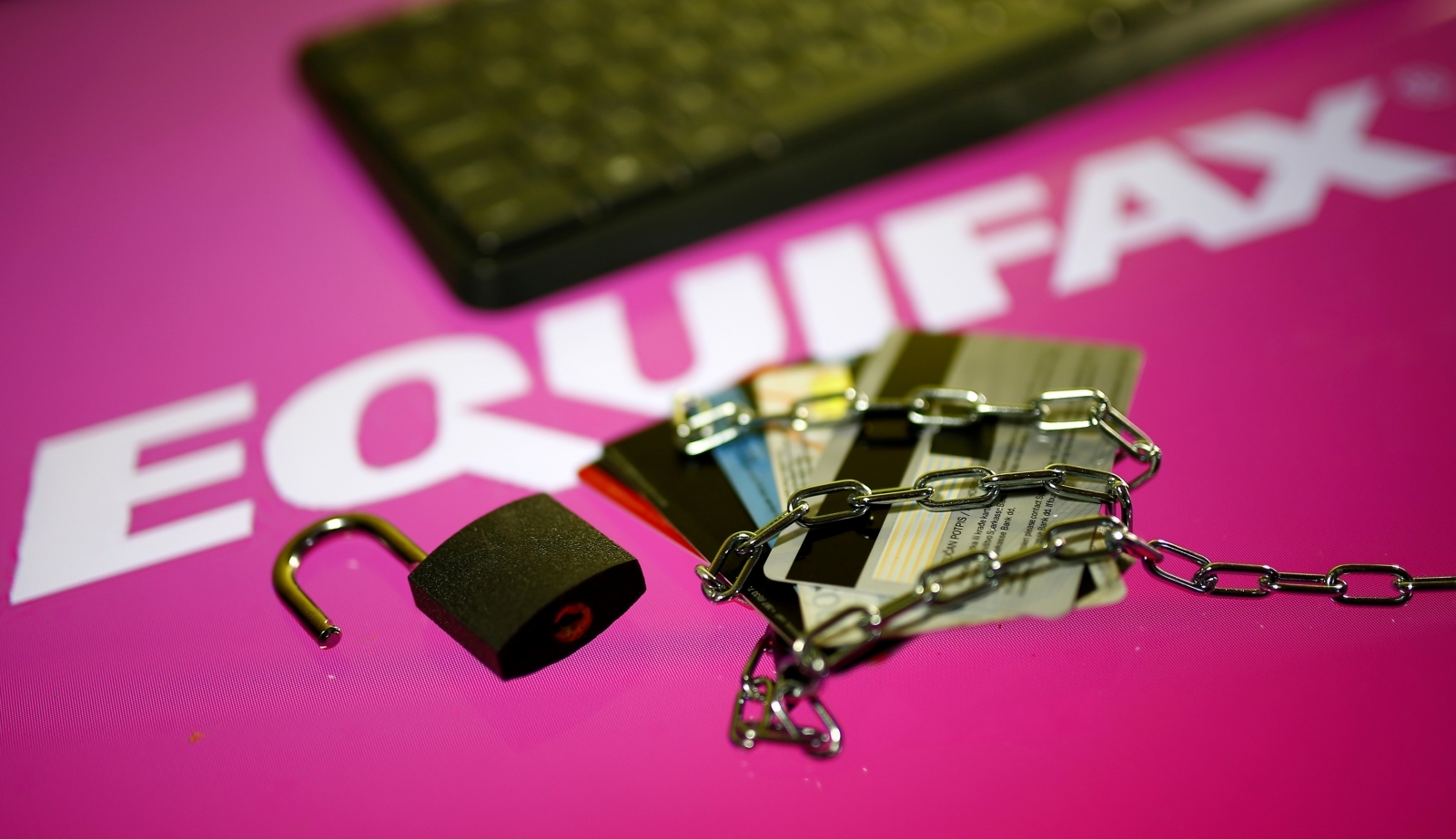

In the paper, the author lays out a plan for a fiat currency build around “block chain”. While concepts of cryptocurrency date back to the end of the 20th century, the term truly caught on with the invention of Bitcoin in a paper published in 2008 by the pseudonymous Satoshi Nakamoto in 2008. Since starting at Hotaling, I wanted to find some way to make my mark on our client base, so as the resident millennial, I figured that the fledgling world of cryptocurrency would be a great place to start.Ĭryptocurrency is a broad term to describe any digital, encrypted asset that serves as a medium of exchange. It seems like everywhere you turn, someone is posting about Bitcoin, Ethereum, or blockchain in general, but like most people, I merely thought of this as a passing tech gimmick. Matthew J Mulholland, Investment Advisor, Hotaling Investment Management, LLC TransUnion Freeze Link: ( TransUnion State Fee Info)
#SUE EQUIFAX CHATBOT FOR FREE#
Four states (Kentucky, Pennsylvania, Nebraska, and South Dakota) mandate that these credit freezes fall off after seven years automatically.īelow are the individual links (with supplemental material) to begin these freezes.Įquifax Freeze Link: (Equifax is allowing anyone to freeze their credit for free for the next 30 days)Įxperian Freeze Link: ( Experian State Fee Info) In order to resume normal credit-seeking activities, a small fee (also usually around $10 but varies state by state) unlocks the credit report, either for short times or permanently. The freeze itself comes with a small cost (usually around $10 but varies state by state). This means new credit cards and loans are immediately rejected due to inability to access credit scores. The US Government requires that the three major credit agencies give you a free copy of your credit report every year.įreezing your credit prevents the use of your credit report by anyone. While many credit reports are advertised with catchy jingles on primetime television, the only site that is endorsed by USA.gov is This site does not ask for credit card information, nor do they provide any service beyond providing your credit report. You, as the consumer, don’t get to choose which of these agencies get access to your data, so you can’t insure individually against any one of their data breaches.īecause of this, our team at Hotaling recommends you check your credit report immediately and individually enact credit freezes at each of the four agencies. While these four companies help determine your overall creditworthiness and track your repayment history and behavior, they are for-profit with no government affiliation.


Unfortunately, you, as a consumer, are subject to the safety standards of the Consumer Data Industry Association, a trade organization representing the four national traditional consumer reporting agencies, Equifax, Experian, TransUnion, and Innovis. Alternatively, you can use this chatbot to assist in suing Equifax, or you can wait to participate in a class-action lawsuit that will most likely be established in the upcoming months. Attached to that resource was an agreement that by utilizing the website, you (the consumer) relinquish your right to sue Equifax directly, or participate in a class action lawsuit. In the uproar following the announcement, Equifax established a resource that allows you to check if you were affected. selling a combined $1.7 million in shares in the trading days following the discovery. information solutions president Joseph Loughran, and CFO John Gamble Jr. The Federal Trade Commission estimates that up to 9 million Americans have their identities stolen every year (before this unprecedented privacy leak).Įquifax claims to have discovered the breach on July 29 th, with workforce solutions president Rodolfo Ploder, U.S. population at an estimated 323.1 million, 4 out of every 9 Americans were affected.Įxposed users are at risk of having their identity stolen, with the possibility of risking financial loss. customers were released to malicious hackers. On Friday, September 8 th, Equifax (NYSE: EFX) announced a “cybersecurity incident,” where the birth dates, credit card numbers, and Social Security numbers for approximately 143 million U.S.


 0 kommentar(er)
0 kommentar(er)
